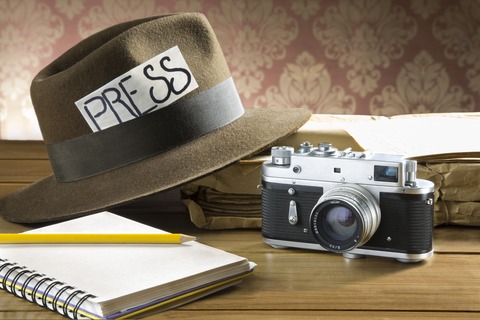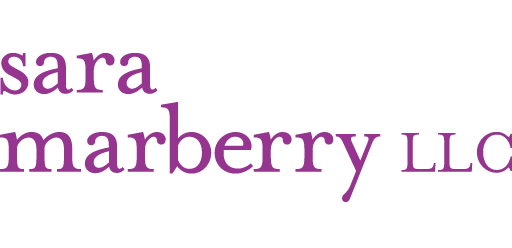
Ever been contacted by a reporter or writer to do an interview? Or been asked by your marketing department to do an interview with a reporter or writer?
You may think that all you need to do is show up.
Having been on both sides — as a writer and a person being interviewed — I can tell you that often it’s okay to just show up, but to make the most of this marketing opportunity to share your expertise or story, you need to do a little bit more.
Here are six tips for talking to reporters and writers for a print/online publication or blog:
1. Get Questions in Advance
This will help you to give more thoughtful, intelligent answers and use notes if you want. Not all reporters or writers will be prepared or willing to do this, but it never hurts to ask.
And even if you have the questions in advance, it’s important to be yourself and not give stilted or pre-prepared answers. Let your personality shine through.
2. Know the Audience
Who reads the publication or blog that the piece is for? Architects, designers, facility managers, C-suite, general public? This may influence how you answer the reporter or writer’s questions.
3. Understand the Angle of the Piece
What is the story the reporter or writer is investigating? What interesting anecdote or new piece of information can you share?
And if you don’t know much about the topic or have anything new or interesting to share, it’s okay to decline the interview. Don’t waste your or the reporter or writer’s time.
4. Know Something About the Reporter or Writer
If you have time, see if the reporter or writer is on LinkedIn. Or has a website with a bio (freelance writers often do).
If you know something about them, it will help you establish a rapport and make for a better interview. You also won’t annoy the reporter or writer by explaining things they already know.
As Voltaire once said, “The secret of being a bore is to tell everything.”
5. Review Your Quotes
Ask the reporter or writer if you can review the final quotes from you they plan to use in the piece for facts and context. That way, if the reporter or writer did not hear you correctly or take good notes, you can clarify what you meant to say.
Again, not all reporters and writers will let you do this — especially hard-news reporters working for newspapers or news magazines. But many freelance or in-house writers doing feature articles for professional trade magazines will try to accommodate you if their deadlines allow it.
And, don’t be disappointed if the piece comes out and not all your quotes are used. Copy always gets cut by editors.
6. Ask When the Piece Will be Published
This may seem like a no-brainer, but it’s an important piece of information that reporters or writers might not always share unless you ask.
Bonus
If you’re doing a camera interview for television or a video documentary, choose what you wear carefully. Darker, solid colors with some contrast is good.
Avoid patterns. Keep it businesslike and professional (if you choose) by limiting big jewelry or accessories (like hats).
Photo: ID 66127502 © Emanuele Ravecca | Dreamstime.com
P.S. Please do me a favor — if you liked this post and like this blog, please share it with others by sending them the link and/or post it on your Twitter, LinkedIn, or Facebook, etc. Also, don’t forget to subscribe, so you’ll get emails when new content is posted. Thanks!
If you like this post, please share.

What’s my story? I’m a healthcare and senior living design knowledge expert who writes and speaks frequently about trends and issues affecting these two industries. I’m also a strategic marketing consultant and content creator, working with companies and organizations who want to improve the quality of healthcare and senior living through the design of the physical environment. You can reach me at [email protected].

